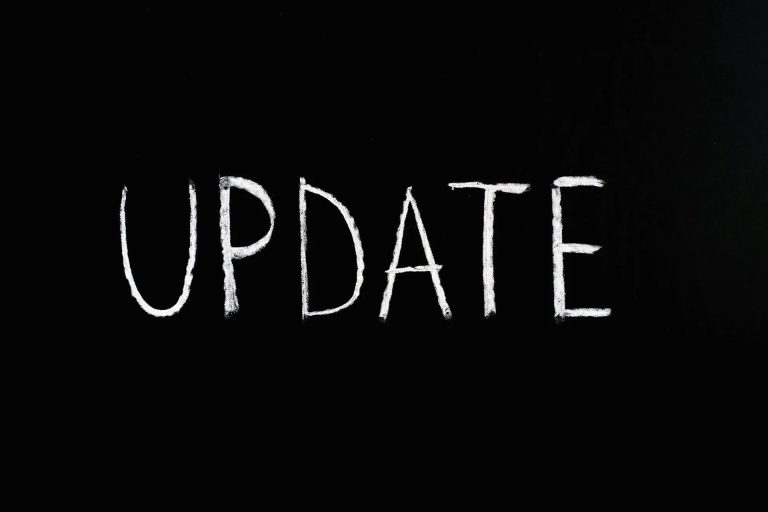Tax Season Do’s and Don’ts for Small Business Owners
As tax season approaches, it’s crucial for small business owners to navigate the complexities of tax filings accurately and efficiently. This article aims to guide you through some essential do’s and don’ts to help ensure a smooth tax season.
Do: Keep Accurate Records
- Organize Financial Documents: Ensure all your financial records are organized. This includes invoices, receipts, bank statements, and any other documents related to your business income and expenses.
- Use Accounting Software: Consider using reliable accounting software to track your financial transactions. This can simplify the process of organizing records and reduce errors.
Do: Understand Your Deductions
- Know What’s Deductible: Familiarize yourself with the types of expenses that are deductible for your business. Common deductions include office supplies, travel expenses, and certain types of insurance.
- Avoid Overlooking Deductions: Small expenses can add up. Don’t overlook minor deductions like postage, parking fees, or small office supplies.
Do: Seek Professional Help
- Hire a Tax Professional: If you’re unsure about your tax obligations, consider hiring an accountant or tax advisor. They can provide valuable guidance and help you maximize deductions.
- Stay Informed About Tax Laws: Tax laws change frequently. A professional can help keep you informed about new laws that may affect your business.
Don’t: Procrastinate
- Avoid Last-Minute Filing: Procrastination can lead to rushed mistakes. Start preparing your taxes well before the deadline to ensure accuracy.
- Consider Extensions if Needed: If you need more time, it’s better to file for an extension than to rush through your tax return.
Don’t: Mix Personal and Business Expenses
- Maintain Separate Accounts: Keep your personal and business finances separate. This makes it easier to track business expenses and justifies deductions.
- Avoid Personal Purchases on Business Accounts: Do not use business accounts for personal expenses. This can lead to complications and might flag you for an audit.
Don’t: Misclassify Employees and Contractors
- Understand the distinction: Ensure you correctly classify workers as either employees or independent contractors. This classification affects how you withhold how you pay taxes, social security, and Medicare.
- Avoid Penalties: Incorrect classification can lead to penalties and back taxes. If in doubt, consult IRS guidelines or seek professional advice to ensure compliance.
Navigating tax season can be a daunting task for small business owners. By following these do’s and don’ts, you can avoid common pitfalls, take advantage of deductions, and potentially reduce your tax burden. Remember, staying organized, seeking professional advice, and being proactive are key to a successful tax season.




